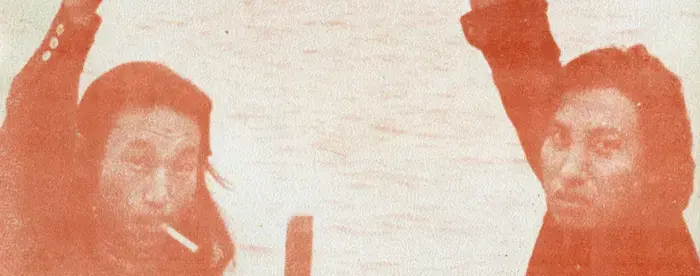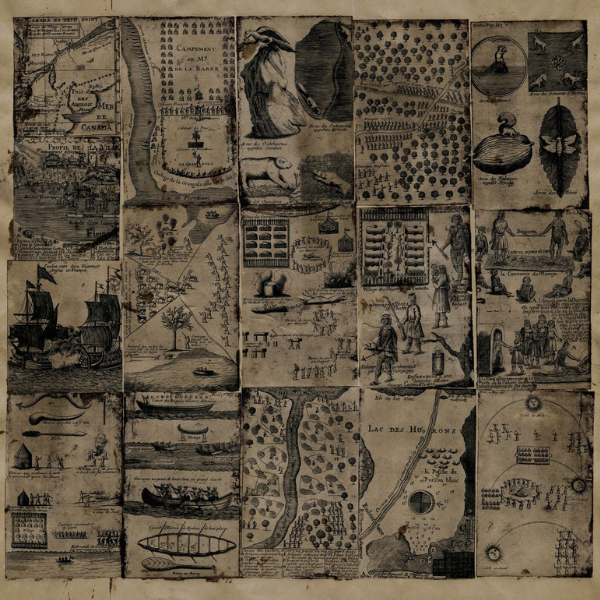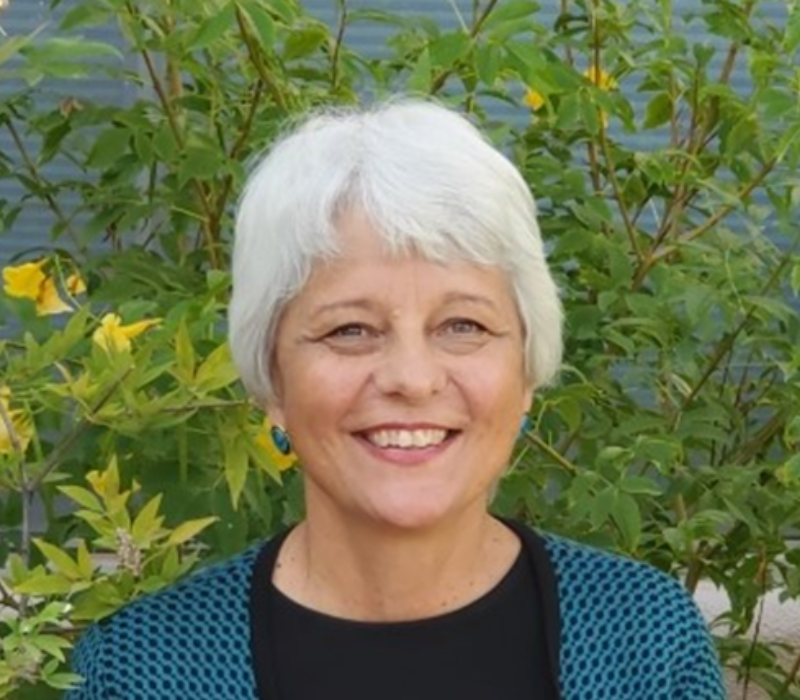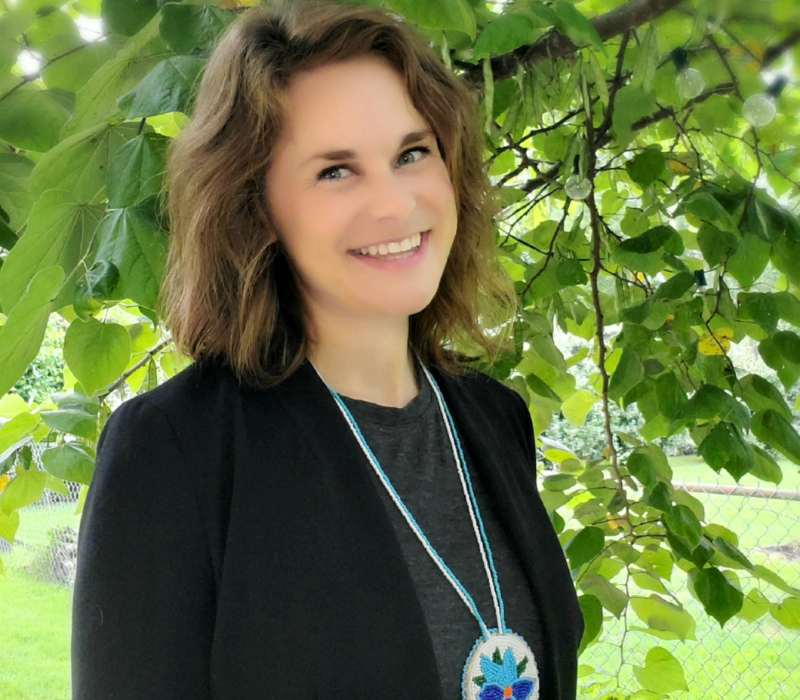This course will offer glimpses of the daunting diversity of Native America—thousands of distinctive peoples, cultures, languages, and lifeways stretching over millennia.
Lead Scholar: K. Tsianina Lomawaima, Arizona State University
Master Teacher: Rebecca Luebker
Image: Cover of Alcatraz: Indians of All Tribes 1, no. 2 (February 1970). (The Gilder Lehrman Institute, GLC09792)



